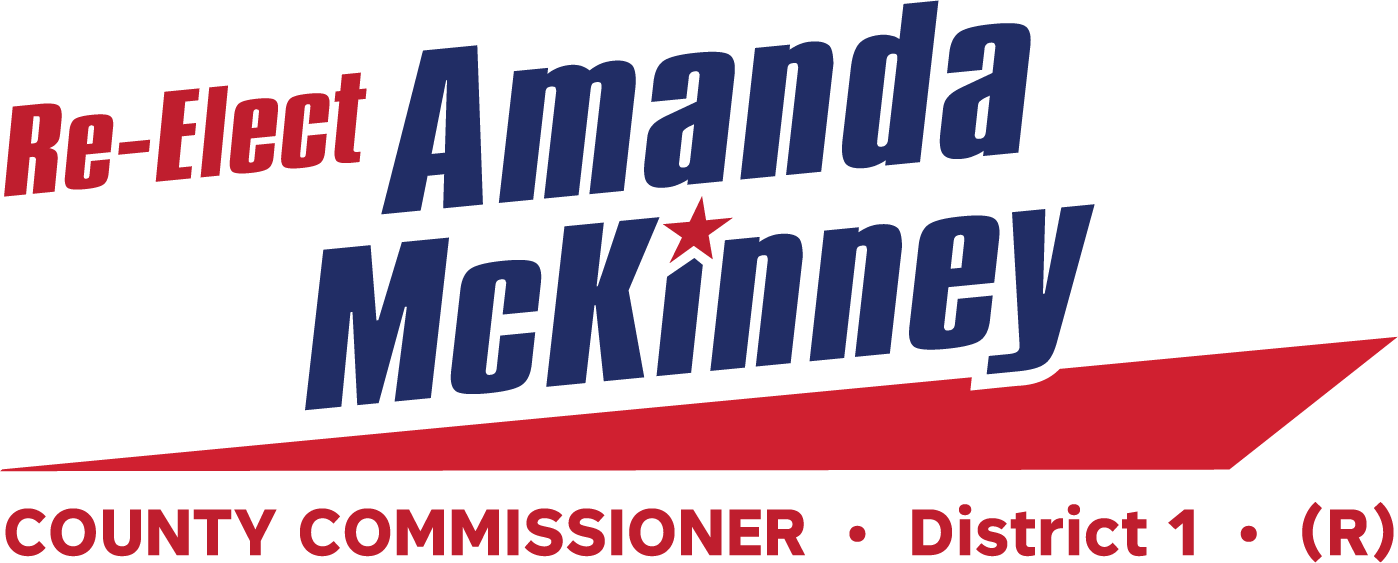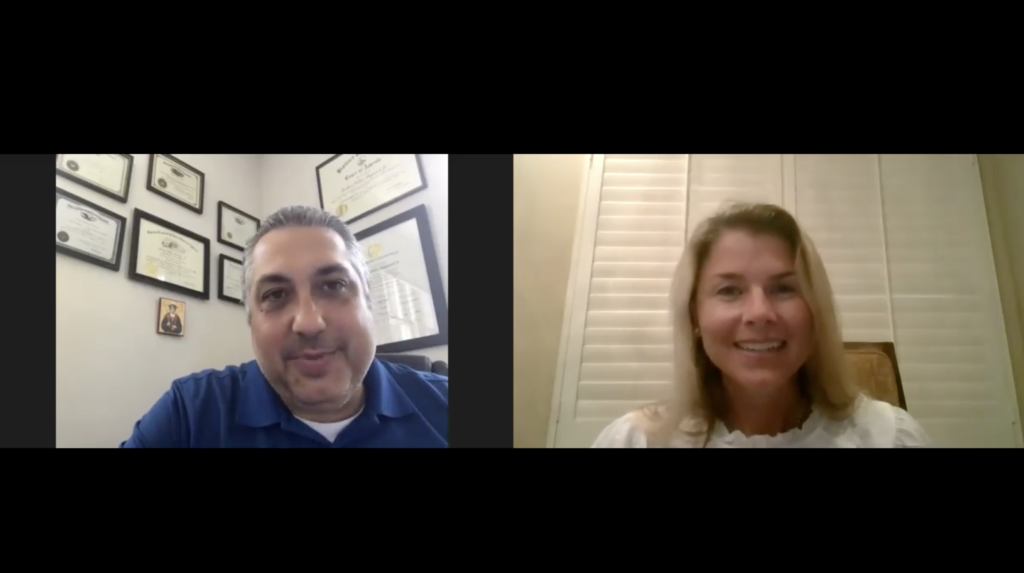As we linger in Phase 1 in #YakimaCounty, the threat to the financial and mental well-being of our local business owners has reached new heights due to a Press Release from the Washington State Department of Labor & Industries which, under a new Emergency Rule, states they have the ability to level fines of up to $10,000 on businesses who are not following the guidelines outlined in Governor Jay Inslee’s Stay Home Order.
The threat of uncertainty is specifically due to the ambiguity of the guidelines and the strict enforcement by L&I with major financial repercussions for a business – A business who has been closed for many months and now faces the daunting task of reopening.
I met today with General Counsel for Building Industry Association of Washington, Jackson Maynard, who filed a lawsuit challenging the ability of WA L&I to level the fines against business owners. At the root of the lawsuit is the assertion that the fines violate due process and exceeds the statutory authority given to the legislature. This lawsuit is a direct challenge to the dangerous precedent being set, running contrary to our state constitution, as state agencies do not have the authority to pass rules and establish fines. The legislature retains that authority, and there is a process for creating new laws. This process ensures a comment period and requires a financial burden assessment, among many other steps. This process is integral to lawmaking because it slows it down to encourage thought and debate, and for good reason, as evident in this case. One example of an ambiguous guideline that could see a hefty penalty is the requirement to have hand-washing water onsite that is “tepid”. There is no temperature cited for what is acceptable in the guidelines, not even a range of acceptable temperatures.
Certainly COVID-19 has created a situation where government and business will be at odds with each other. Should one of them have the upper hand? Would you want to reopen your business if there was a possible financial penalty for an ambiguous rule, especially when the assertion of your violation is subjectively decided upon by a single L&I inspector’s interpretation of a guideline?
I would like to hear from you regarding this issue. How will it impact your business? As a consumer and tax-payer, how do you feel about the guidelines and enforcement?


